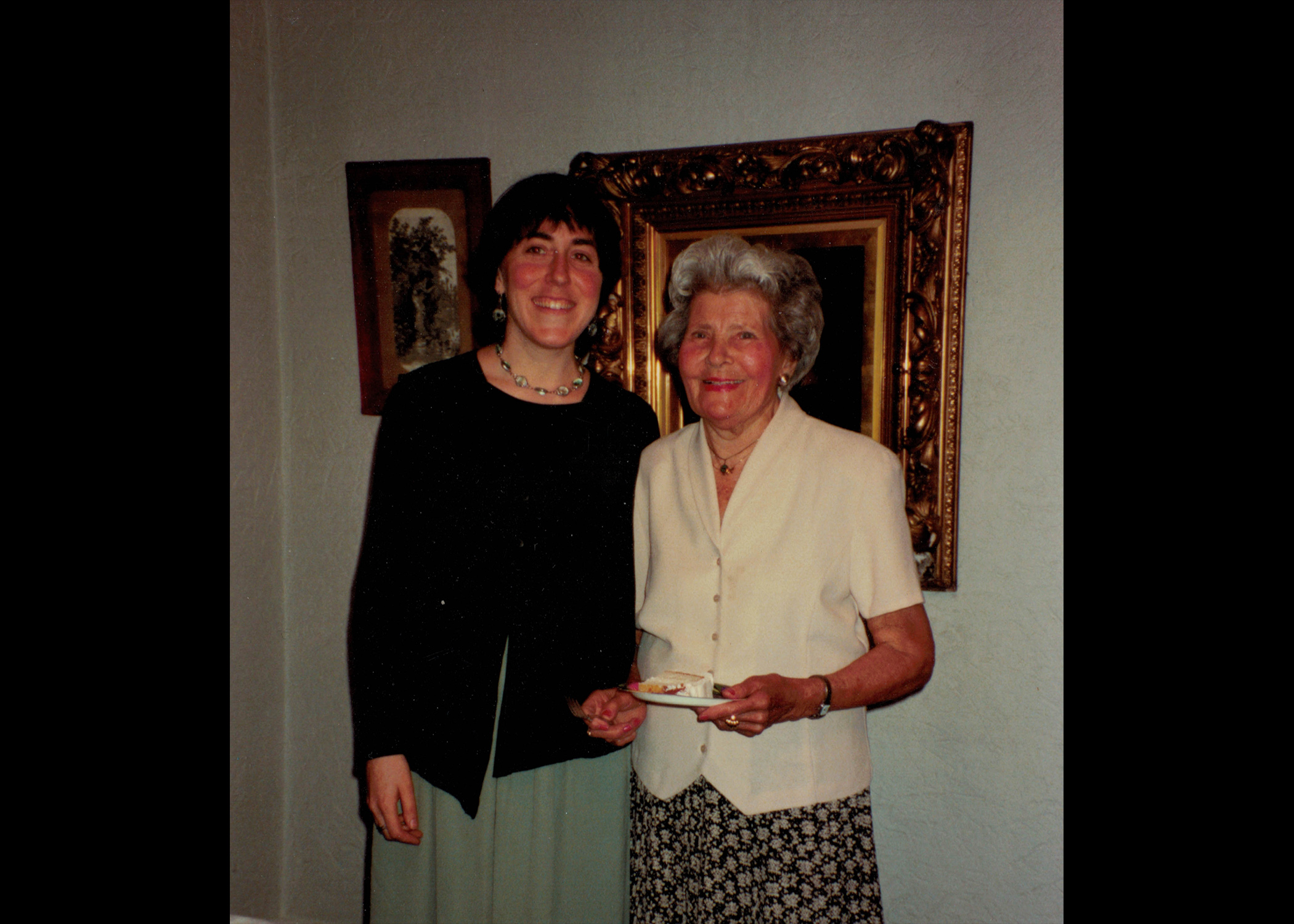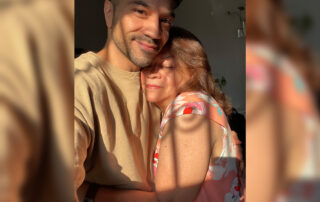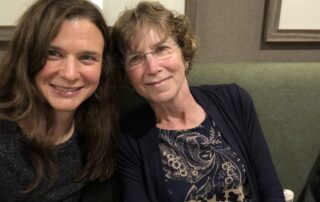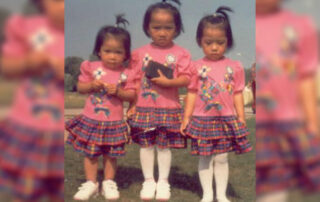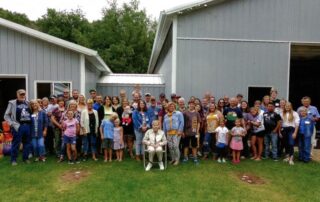When I was a kid we always had shelves filled with blank cassettes. Sony, Memorex, TDK, we had them all. They sat in nice stacks, just laying in wait for when my grandma called for me to bring her a blank tape and the tape recorder. I dreaded this moment.
One minute I was splayed out on the couch watching sitcom reruns and the next minute I was sitting next to my 75-year-old grandmother, Ethel Bergman, and her boyfriend, Yacov, recording them while they sang their Yiddish folksongs.
Now, I loved listening to my grandmother sing. My grandmother leading our extended family in song during Jewish holidays, waving anyone off who tried to harmonize with her when she felt it was her time for a solo, was the best part of each holiday.
But that didn’t mean my 11-year-old self wanted her in my living room, trying to get me to help her record her songs. They would sing a song and I would stop the tape. Rewind the tape. Listen to their voices and stop the tape. Rewind again. Then start the process over and re-record their voices.
I never understood this, tape recorders were fairly simple machines in the late 1970s. Rectangle boxes that could only play, record, fast forward, rewind, and stop. These were intelligent people that fled one continent and successfully made their way to another one. At the time I didn’t understand that she didn’t really need my help, she wanted me to know the songs of the Jewish diaspora, the music of my family
My grandmother grew up in a shtetl in Russia, in the early 1900s. When she was 16 her family fled attacks by the Cossacks and got on a ship to Ellis Island. As a young teenager, her job was to strap a sewing machine on her back, walk miles to town, sew for a gentile family during the week, and walk home for Sabbath. Family lore has it that it was on these walks that she developed her beautiful singing voice, trading songs with Russian peasants returning from the fields and Jewish and Gypsy travelers.
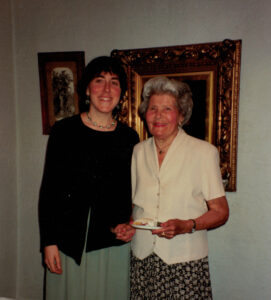
Jen Rubin with her grandmother, Ethel Bergman. (Courtesy of Jen Rubin)
My first year living in Wisconsin I decided not to travel back home for Passover. One night as I was falling asleep, I realized it would be my first Passover without my grandma leading the songs. I was surprised by how bad that made me feel.
I called my mom, Sandi Rubin, and asked her to get a tape recorder, sit down with grandma, have her sing the Passover songs, and express mail them to me so grandma could lead the songs at my seder in Madison.
A few years later my grandmother died. Soon after, we digitized her tapes. My mom was interviewed by the Yiddish Book Center, they have a digital collection of stories about Yiddish language and culture. During this conversation, my mom talked about Camp Boiberik and my grandmother’s folk singing. Itzik Gottesman heard this interview and recognized my mother’s description of my grandmother, and quickly got in touch to see if she had any recordings of her mother singing. Well, we certainly did.
As a matter of fact, we had a nice collection of cassette tapes recorded in the late 1970s by an eleven-year-old that were in a box on a shelf in a closet. So my parents sent him all the cassettes, he digitized them all and emailed them to us in an MP4 format. By this point, I fancied myself the family story collector and uploaded these MP4s to my ‘Yiddish stories’ google drive and then forgot about it.
A few months ago I got one of those texts you dread getting. My mom was in heart failure, intubated in the hospital, and it was touch and go. We all rushed to be with her in the hospital. After a harrowing week in urgent care, she was moved to a less dire floor, but the outcome was still uncertain. Heart failure can affect breathing, so it was hard for my mom to talk, but she could text.
One night, on maybe her 8th night in the hospital she texted me, my brother, and my cousin. I was staying with my dad in their home. My brother and cousin were each in their own homes. She wanted to know if I could find those digitized recordings of her mom singing. She was scared and in pain and thought it would bring her great comfort to have her mother sing her to sleep.
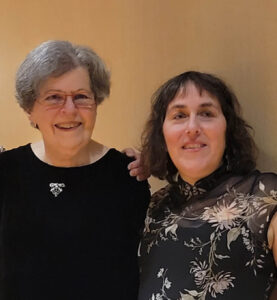
Jen Rubin with her mother, Sandi Rubin. (Courtesy of Jen Rubin)
At that moment so many memories flashed through my mind, but it stuck on my sitting on that shag carpet with my grandmother and her boyfriend holding the Sony tape recorder to her mouth to get the best sound quality.
And now forty years later these tapes were being called into service. I thought about how mom has been the culture bearer for the younger generations – so we don’t let assimilation remove our Yiddish heritage from our lives. And I thought of my mom, frail and alone in a hospital bed yearning to hear her mother’s voice.
In a flash of technological finesse, I don’t usually possess, within minutes I navigated on my phone to my google drive, copied the link to one of the MP4’s and texted everyone a recording of grandma singing.
Then we were all silent for a few minutes, in our separate rooms, but still together, listening to grandma sing.
